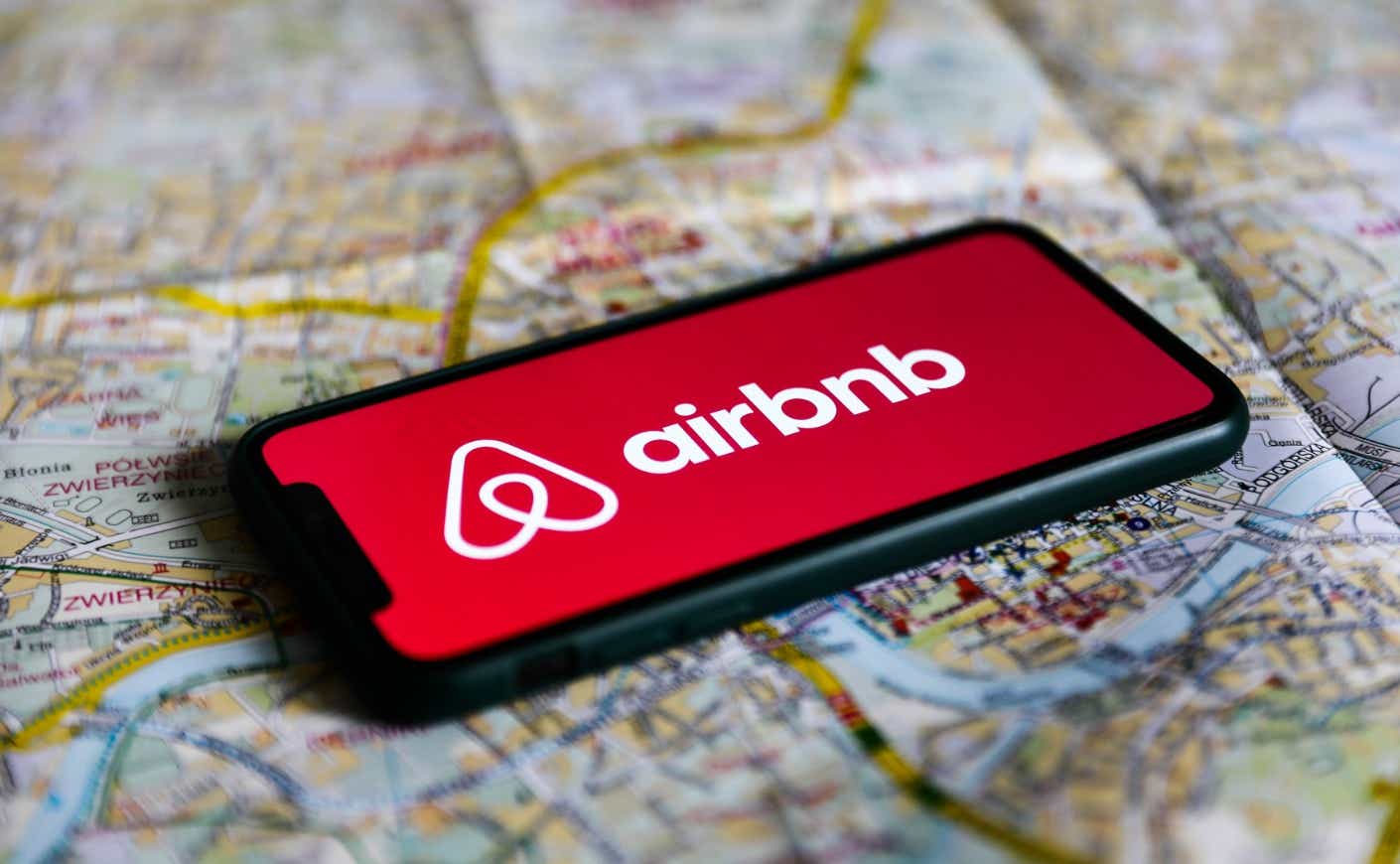CEO Brian Chesky tells Katie what goes into planning such a complicated but necessary undertaking.
For the thousands of refugees who have fled Afghanistan amid the Taliban’s takeover, escaping the country is only the first step. Once they’ve evacuated, they face a whole new hurdle: finding a place to stay.
That task has just become easier for at least 20,000 of them thanks to Airbnb, which announced it will provide housing for refugees at no cost. The team at KCM was so moved by this act of generosity that Katie called up Brian Chesky, the CEO of Airbnb, for an illuminating conversation on how the company is pulling off this feat.
If you’re interested in opening up your own home, signing up is simple. Just visit Airbnb.org, the philanthropic arm of the company, and you’ll find easy instructions to list your space — or donate, if you don’t have an open room.
Offering housing to those in need is nothing new for Airbnb. It began with mobilizing to tackle disaster displacement after Hurricane Sandy in 2012, and since then they’ve helped thousands, including about 25,000 refugees since 2017. But Chesky said this push to help Afghans takes the work a step further.
“We’re going to pay for it completely,” Chesky told Katie. “Hosts can offer their homes for free, but whether they offer it free or not, we’re going to cover the whole cost.”
The aid is also not limited to the United States. Airbnb has a presence in 220 countries and regions around the globe, and Chesky said they will “provide housing in any country in the world where a host is willing to offer housing.”
To accomplish this, Airbnb is working with a pair of powerful organizations: the International Rescue Committee and the Church World Service. These resettlement agencies work to get refugees out of Afghanistan and into another country, and that’s when Airbnb’s work to match those refugees with hosts begins. Chesky said he’s gotten feedback that this availability for housing through Airbnb is actually making the resettlement process easier even before his company gets involved.
“The other thing we’ve heard from a lot of countries is they like that we have housing, because some countries are nervous providing visas if they don’t know where people are going to end up,” he said. “So if this helps inspire countries to be a little bit more comfortable to make sure that this process is going to be a little more orderly, I think that’s a good thing.”

Chesky said engaged and caring Airbnb hosts provide a real value-add to refugees who have been ripped away from the life they know.
“What is really special about what our hosts do is they’re not just giving a space,” he said. “I mean, it’s really important if you don’t have a home that you have a roof over your head. But what we hear time and time again is people need more than a roof over their head. They want to be part of a community.”
One obvious question in the case of refugees is how long they’ll need housing for — and how long Airbnb is able to provide it.
Refugees are typically displaced more permanently than those affected by a natural disaster, for example, and they also face the important decision of figuring out where they want to make their life once they’ve left Afghanistan. The International Rescue Committee helps with sorting out that more permanent placement, but Chesky told Katie that Airbnb is dedicated to providing an interim solution for as long as necessary.
“The reason we didn’t put out a dollar commitment of how much this whole effort’s costing us is because we actually don’t know how long the housing is. So we don’t actually know how expensive this is going to be,” Chesky said. “But we’re going to go where the need is. We’re going to provide housing for as long as people need the housing.”
And because doing some good always feels great, those refugees aren’t the only people who this initiative helps.
“Having myself talked to quite a few Airbnb hosts who’ve opened their homes to families that are displaced, I think they find that they get as much out of the experience as the refugee family,” Chesky said. “It becomes for many of them an incredibly meaningful experience, one of the most meaningful experiences of their lives.”









